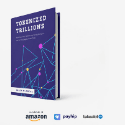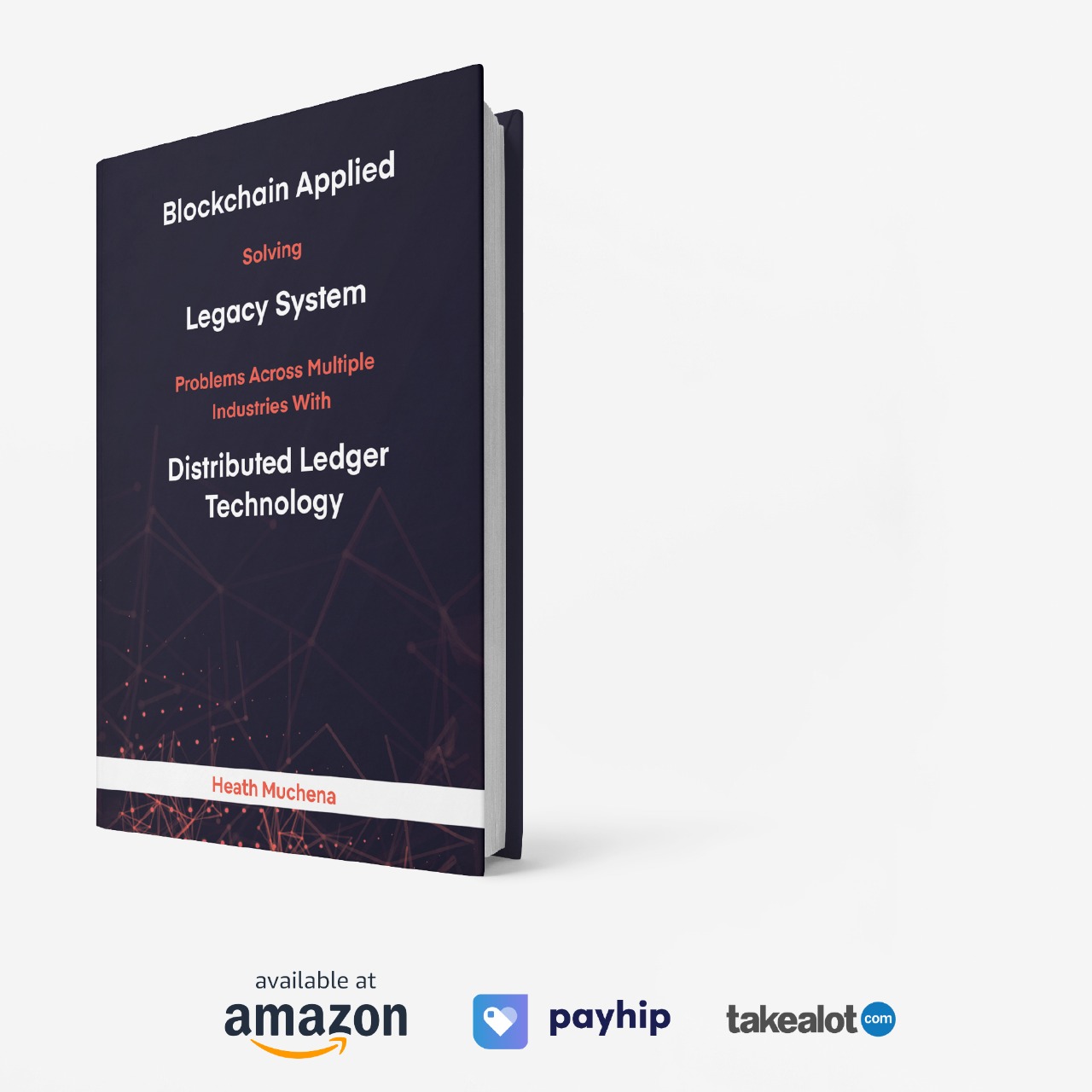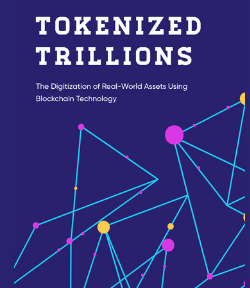
Prediction markets – where participants bet on the outcome of future events – have always been hailed as efficient aggregators of collective information. As a16z recently argued, these markets often outperform polls because participants put skin in the game and express real beliefs. Now, a new paradigm is emerging: AI agents that don’t just make predictions – they enter, trade, and optimize autonomously, blurring the line between forecasting and acting.
Why AI for Sports Betting?
Sports markets are uniquely suited for agent experimentation:
- Data richness & cadence: Games happen constantly; outcomes are discrete and verifiable; odds and wager flows offer high-frequency signal.
- Transparency via blockchain: Many modern prediction markets (e.g. Polymarket) are public, so agents can observe entire order books, bet flows, and slippage—effectively “read the house’s logbook.”
- High liquidity, high stakes: The sports betting industry handles ~USD 250 billion annually; yet agentic betting is still minimal. This is precisely the wedge that startup Billy Bets is aiming to exploit.

Billy Bets, built on Base (Coinbase’s L2), recently closed a $1 million pre-seed funding round led by Coinbase Ventures. Its stated mission: build an “autonomous agent layer” over prediction markets (e.g. Polymarket, Overtime Markets, Myriad) to surface edges, route bets, optimize sequencing, and deliver live ROI tracking via wallet-native execution.
Billy’s “Terminal” UI allows commands like “Show me plus-EV NFL props tonight”, converting natural language into bet orders. Its backers believe that over time, all smart bettors will use agents, especially in fast-moving prediction markets.
Another foundational piece in this stack is SportsTensor. Its Almanac incentive mechanism is designed to reward prediction signals (from miners/agents) based both on volume and ROI—so agents that bet big but wrong get penalized; agents who bet prudently and profit get rewarded. SportsTensor’s token SN41 is live on DEXs (via its Bittensor ecosystem) and trades publicly (coingecko lists SN41).
By combining the signal infrastructure (SportsTensor) with execution layers (agent interfaces like Billy), a new agentic prediction stack is forming.
Anatomy of a Prediction Agent
What exactly does an autonomous betting agent do?
- Data ingestion & features: Harvest live odds, bet flow, volume movements, historical outcomes, social sentiment, injury news, weather, etc.
- Signal modeling: Predictive models (supervised, ensemble, even RL) that estimate probability of outcomes and edge over market odds.
- Calibration & risk sizing: Convert probability estimates into betable sizes (Kelly criterion, utility optimization, volatility control).
- Execution & routing: Submit orders across markets and paths (Polymarket, Overtime, Myriad) minimizing cost/slippage.
- Feedback & learning: After outcomes settle, update models, discard weak strategies, adapt to regime shifts.
- Reputation & token alignment: Some agents must stake token collateral or maintain a track record to be deemed “trusted” (as SportsTensor’s incentive structure hints).
Because these steps run continuously, the agent effectively becomes an edge-seeking participant in prediction markets—competing with other agents and humans, but operating faster and more systematically.
Real Deployments & Token Ecosystems
- Billy Bets / $BILLY: As of now, the $BILLY token trades on decentralized exchanges (notably Uniswap V2 on Base) with pairings like BILLY/VIRTUAL. The token unlocks staking, loyalty, access, and profit-sharing features.
- SportsTensor / SN41: Its token has real liquidity—CoinGecko tracks SN41’s live price and daily volume metrics.
- Sire / $SIRE: Sire agents/prediction vaults are routing liquidity; reports suggest SIRE is deployed across Base, and agents currently balance up to 70% of book liquidity for some sports events.
These token models often embed alignment: agents need stake, uplift tokens by generating value, or capture fees/commission flows from the strategies they operate.
Challenges, Risks & Safety Nets
- Overfitting & regime shift: Models trained on past sports seasons may fail when rules or meta changes occur (e.g. rule changes, doping, external shocks). Agents must be curated, re-calibrated, and diversified.
- Adversarial behavior / spoofing: An agent that reads bet flow could be manipulated by actors who inject dummy bets to mislead signal models.
- Execution slippage & liquidity constraints: For large bets, the act of placing the bet shifts odds. Agents must be careful not to “move the market” against themselves.
- Governance & trust: Users must trust agent logic, but black-box models raise opacity concerns. Agents ideally should expose logs, conviction scores, and track records.
- Regulatory exposure: Betting is heavily regulated in many jurisdictions. Agentic wagering blurs the line between prediction markets and gambling. Projects must navigate licensing, KYC, and compliance.
- Token volatility coupling: If the agent token collapses, the incentives or collateral backing the agent can crash too. Tokenomics must be robust.
Why This Trend Will Accelerate
- The user experience friction collapse is real: betting used to require switching among apps, watching odds, managing wallets. Agents allow “tell it what you want, let it trade” interactions.
- As more capital flows into prediction markets (especially where regulatory clarity exists, e.g. Kalshi in the U.S.) agents add amplification—they convert signal into action at scale.
- Agent competitions, tournaments, and reputation layers (à la SportsTensor’s Almanac) foster a meritocratic, dynamic system of continual improvement.
- The alignment of token models ensures agents are incentivized to perform: profit-sharing, staking, and service fees tie performance to reward.
Key Takeaways
We stand at an inflection: prediction markets have matured, token infrastructures exist, and AI modeling is strong. The missing piece—agentic execution—is now emerging.
Over the next few years:
Agent volume share in sports markets could rise from <1% to 20–30% as early adopters gain edge.
- Hybrid models will combine human + agent portfolios (humans set strategy, agents execute).
- Proof-of-performance transparency will determine winners: those agents that expose their bets, backtest integrity, and allow verification will win trust.
- Cross-domain expansion: from sports to politics, climate events, macro—agents built here will generalize.
In that near future, when someone says “bet that game,” they may just DM their wallet—and an AI agent on the edge will take care of the rest.






